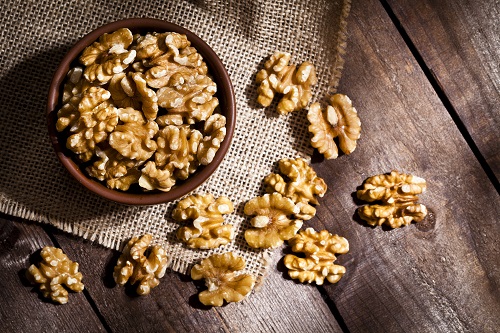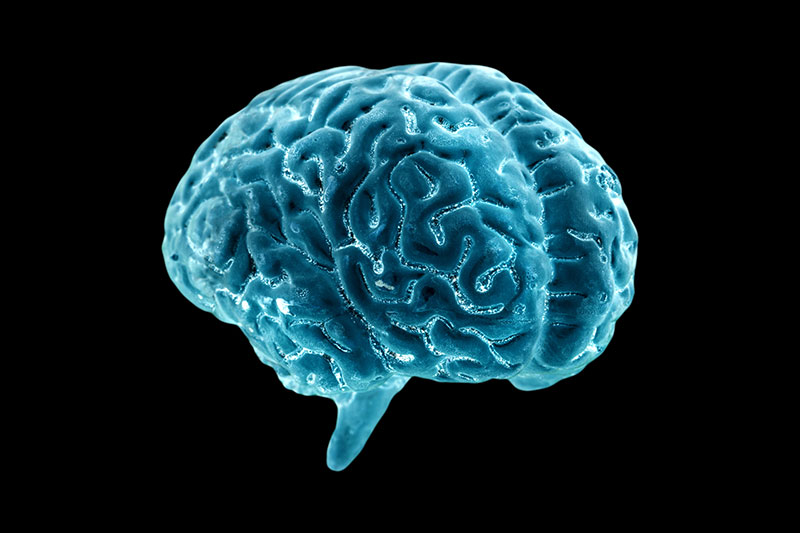October 10, 2017 (HealthDay News)
Increase in fat, especially saturated fat, linked to increased risk of relapse
For children with multiple sclerosis, increased fat intake is associated with an increased risk of relapse, while vegetable intake may be protective, according to a study published online Oct. 9 in the Journal of Neurology, Neurosurgery & Psychiatry.
Saeedeh Azary, M.D., M.P.H., from the UCSF Regional Pediatric MS Center in San Francisco, and colleagues conducted a study at 11 U.S. pediatric MS centers involving 219 patients with relapsing-remitting MS or clinically isolated syndrome with disease onset before 18 years of age. The validated Block Kids Food Screener was used to assess dietary intake during the week before enrollment.
The researchers found that each 10 percent increase in energy intake from fat was correlated with a 56 percent increased risk of relapse (adjusted hazard ratio, 1.56); each 10 percent increase in saturated fat was correlated with a threefold increase in risk (adjusted hazard ratio, 3.37). The risk of relapse was reduced by 50 percent for each 1 cup equivalent of vegetables (adjusted hazard ratio, 0.5). These correlations persisted with mutual adjustment and after adjustment for 25-hydroxyvitamin D serum level at baseline. There was no correlation between other studied nutrients and relapse.
“This study suggests that in children with MS, high energy intake from fat, especially saturated fat, may increase the hazard to relapse, while vegetable intake may be independently protective,” the authors write.
Several authors disclosed financial ties to the pharmaceutical industry.
Abstract/Full Text (subscription or payment may be required)
Editorial (subscription or payment may be required)
Copyright © 2017 HealthDay. All rights reserved.















